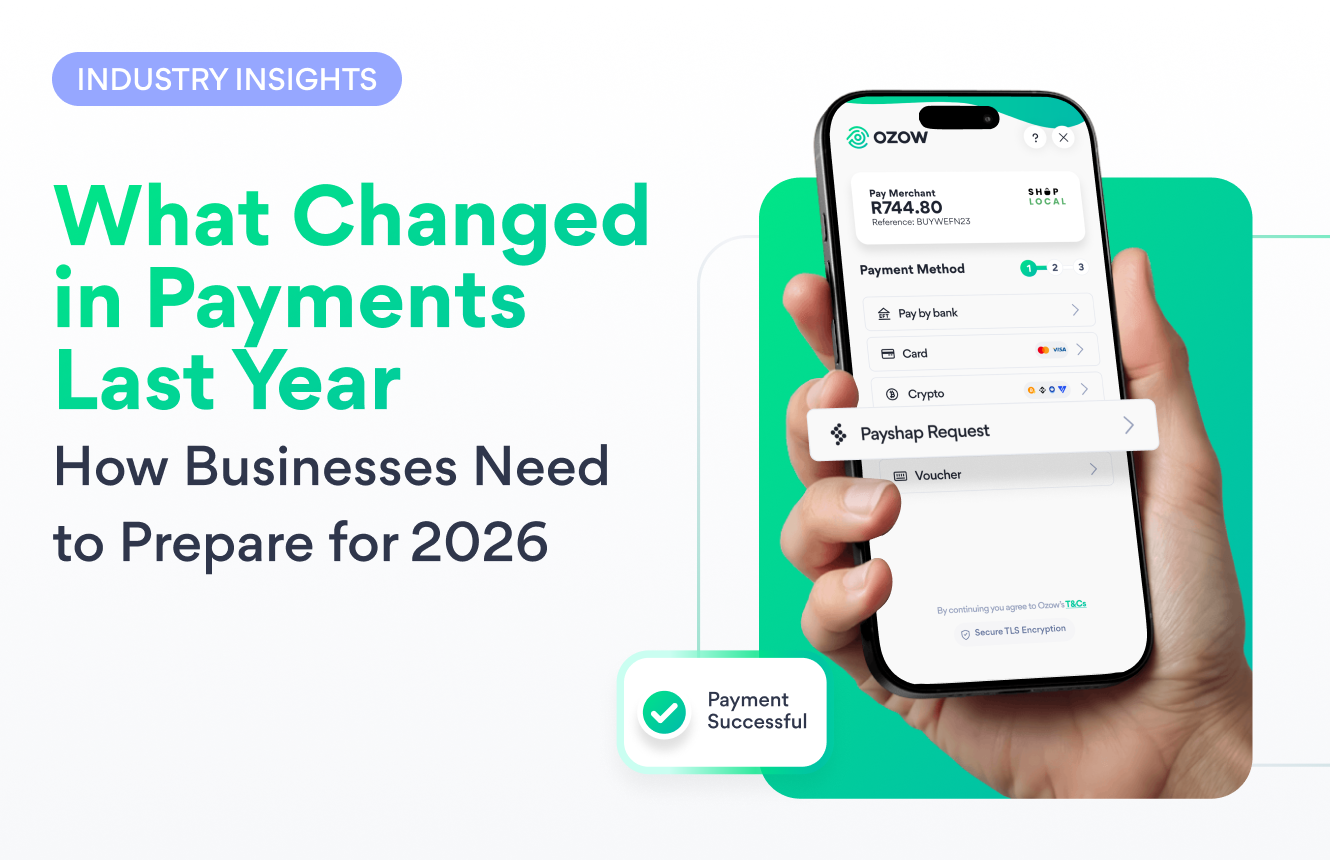
The world never stops evolving.
All the time, something new and exciting weaves its way into our everyday life, changing it forever, making it easier. We have innovation in technology to thank for that. We’ve progressed to where we are today because of it.
Take South Africa, for example. It’s a developing nation with massive divides between the rich and poor. There is a dire need for this gap to be bridged. The World Bank and International Monetary Fund back technology to be vital in this. They’ve also pointed out that this goes hand-in-hand with collaboration, especially in the banking sector.
Here’s why.
The way the financial sector works now is the same way it’s worked for as long as memory serves. How we bank and make payments is so ingrained into our society. It’s why so many South Africans still pay with cash.
But change is happening. BankServAfrica, along with the South African government and banking industry, is developing a new form of payment system called the Rapid Payment Programme (RPP). RPP aims to create a simpler, safer instant payment ecosystem. This is where technology comes to the party.
This goal of creating a more efficient way to pay is something that fintechs the world over, Ozow included, have been working hard to achieve. With the development of RPP comes the opportunity for fintechs and banks to work together to help underbanked South Africans finally join the formal economy.
CEO and co-founder of Ozow, Thomas Pays, believes that collaboration between fintechs and the banks is vital to make this happen.
By working together, traditional banking systems can take advantage of the technological innovations the fintech industry offers. This will only help transform their framework to be quicker and more flexible, which in turn helps them respond better to the changing needs of consumers.
This partnership will help fintechs, too. Fintech companies will be able to leverage the systems banks have in place, allowing them to help drive a digital, cashless, contactless banking system. This effort will ultimately help close the digital divides faced by the millions of underbanked South Africans.
We fully support this approach – we want to provide greater access to every South African, so we’re working closely with the banks to ensure that we get this right.
Citations
-
Ozow Marketing








